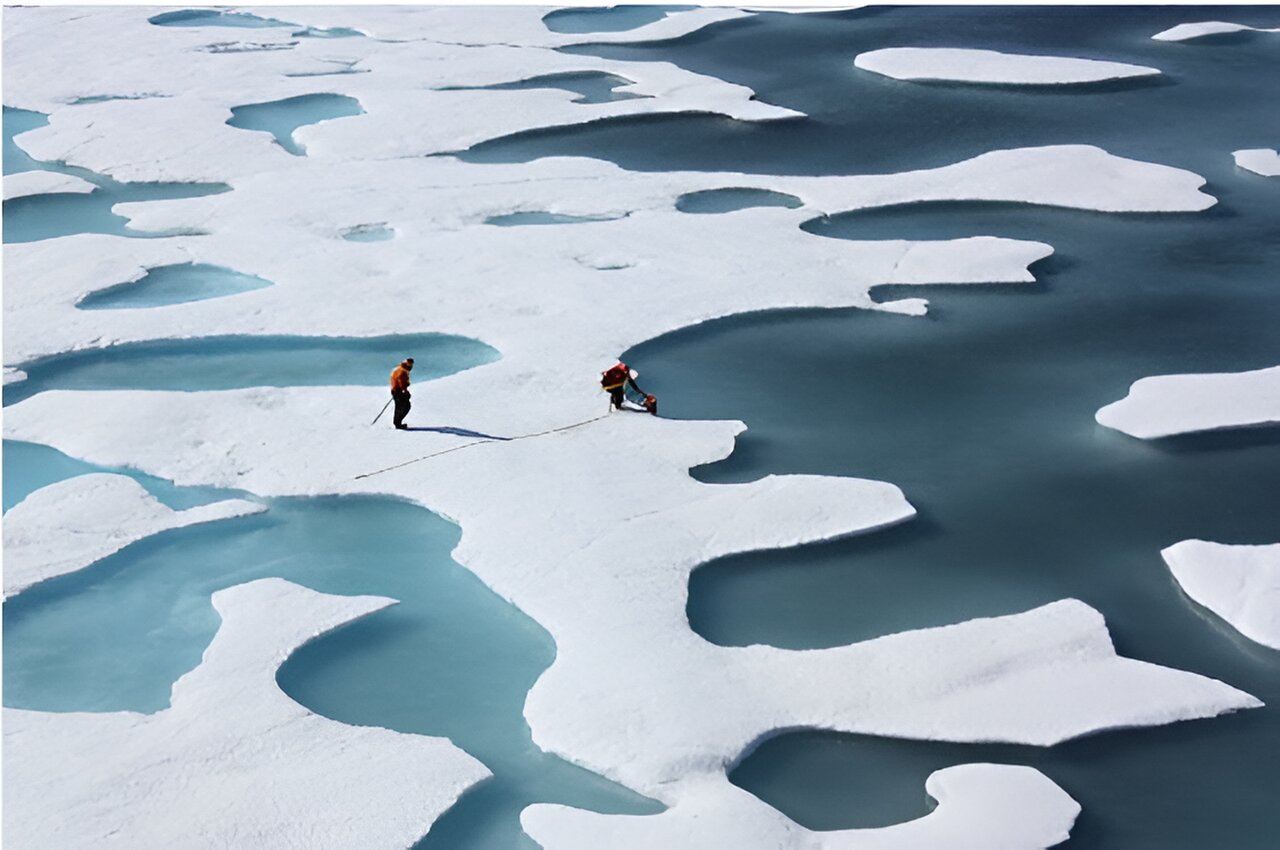The Wane of Arctic Sea Ice and Its Impact on Global Cooling

Significant Findings on Arctic Sea Ice
According to a new study led by University of Michigan scientists, the disappearance of sea ice in the Arctic has severe implications for its cooling power. The researchers discovered that:
- The Arctic has lost about a quarter of its cooling capacity since 1980.
- The reflectivity of sea ice is decreasing, contributing to higher temperatures.
- Globally, approximately 15% of cooling capacity has been lost.
Implications of Sea Ice Loss
This decline in sea ice is crucial as it leads to more heat absorption by the ocean, consequently accelerating climate change. The research highlights that immediate action is essential to combat these changes, underscoring the critical role of Arctic sea ice in regulating the Earth's temperature.
This article was prepared using information from open sources in accordance with the principles of Ethical Policy. The editorial team is not responsible for absolute accuracy, as it relies on data from the sources referenced.